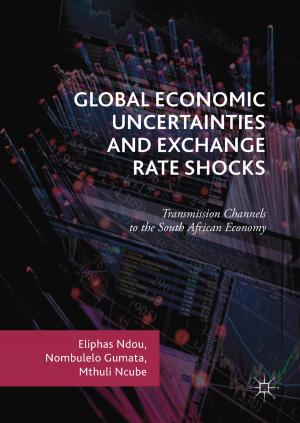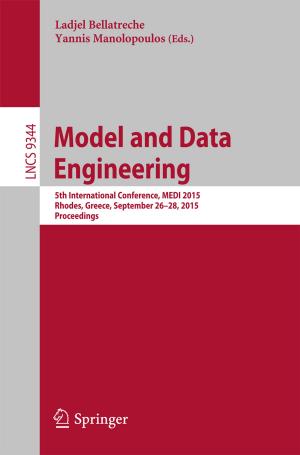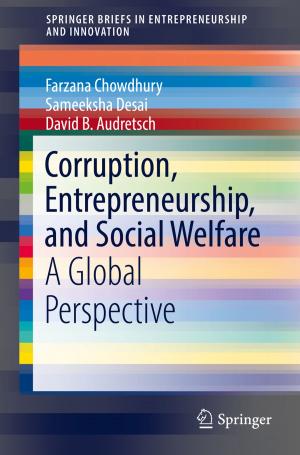The Changing Shape of Politics
Rethinking Left and Right in a New Britain
Nonfiction, Social & Cultural Studies, Political Science, Government, Public Policy, International| Author: | Jonathan Wheatley | ISBN: | 9783030039400 |
| Publisher: | Springer International Publishing | Publication: | December 17, 2018 |
| Imprint: | Palgrave Pivot | Language: | English |
| Author: | Jonathan Wheatley |
| ISBN: | 9783030039400 |
| Publisher: | Springer International Publishing |
| Publication: | December 17, 2018 |
| Imprint: | Palgrave Pivot |
| Language: | English |
This book investigates whether politics in Britain in the twenty-first century is driven more by issues of culture and identity than by “left versus right” issues of wealth distribution. Drawing from a number of opinion surveys, it explores the shifting positions of voters on both economic matters and matters of culture and identity. It finds that between 2015 and 2017 support for Britain's main political parties became much more predicated on issues of culture and identity, reflecting a radical change in how parties attract voters. In the longer-term, it suggests that issues of culture and identity have become more salient overall, possibly because of the oft-cited divide between winners and losers of globalisation. The book ends by speculating on why politics has become more polarised on these issues, rather than on the economic fallout of globalisation, and suggests that an explanation is to be found in changing forms of political communication between voters and politicians.
This book investigates whether politics in Britain in the twenty-first century is driven more by issues of culture and identity than by “left versus right” issues of wealth distribution. Drawing from a number of opinion surveys, it explores the shifting positions of voters on both economic matters and matters of culture and identity. It finds that between 2015 and 2017 support for Britain's main political parties became much more predicated on issues of culture and identity, reflecting a radical change in how parties attract voters. In the longer-term, it suggests that issues of culture and identity have become more salient overall, possibly because of the oft-cited divide between winners and losers of globalisation. The book ends by speculating on why politics has become more polarised on these issues, rather than on the economic fallout of globalisation, and suggests that an explanation is to be found in changing forms of political communication between voters and politicians.















